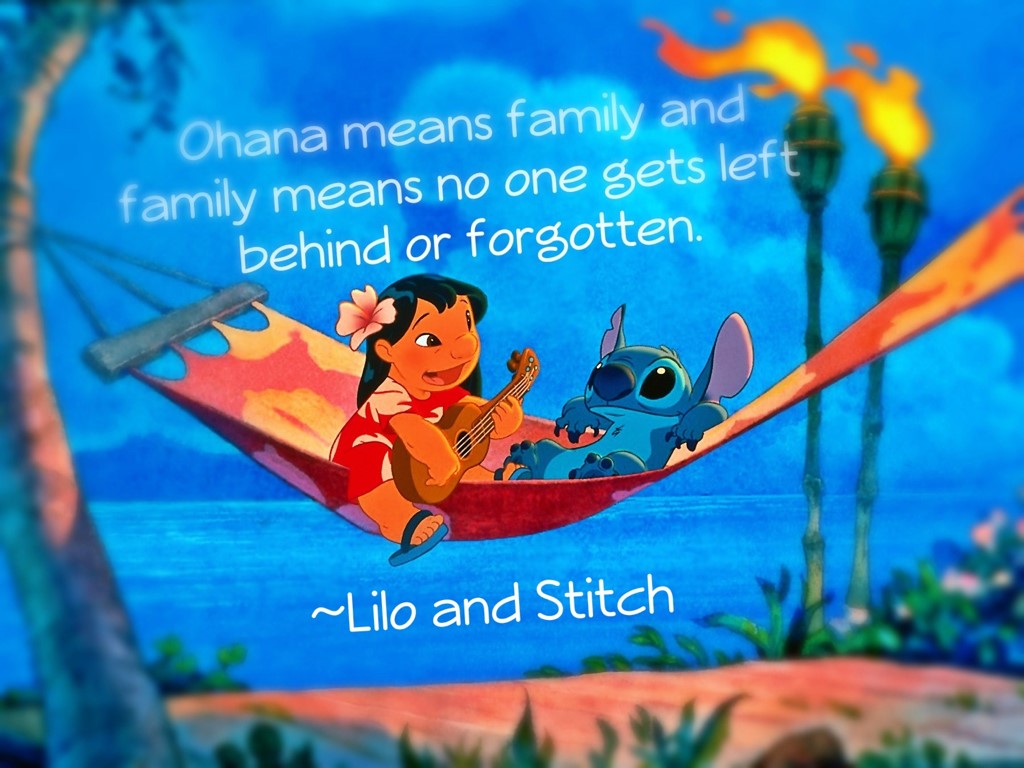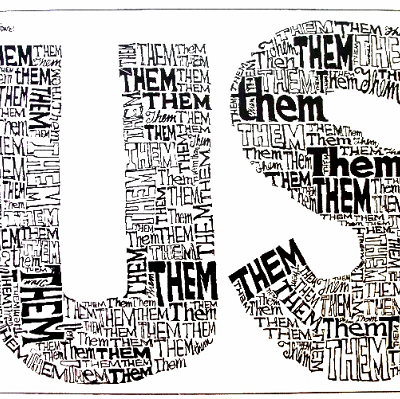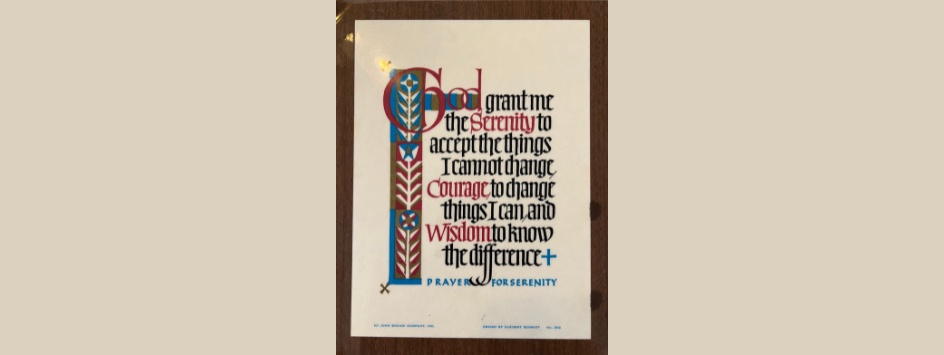I created Living ROI as a passion, to share my experiences and support others who want to live more authentic, joyful and fulfilling lives.
Dear Friends,
When my first child, Emerald, was born, I was in a new city with my new husband. Our closest relatives were hundreds of miles away. Our circle of friends was small. We both worked. Managing a newborn was harder than it needed to be—harder than it used to be.
Households were usually multigenerational before the industrial revolution. Extended families lived near each other, if not with each other. The elders would care for the young, and the collective family took care of each other.
Post-World War II was a dramatic turning point in the demise of the extended family in Western civilization. More and more young people started moving away from their parent’s home to urban areas to work and make it on their own. They would meet their partners and form a nuclear family separate from the extended family.
The term “nuclear family” was coined in 1947 after World War II. By the 1960s and 1970s, nuclear families became the majority family unit.
I started to think more about this topic when Emerald told me about what she was learning in Contemporary Civilization, a mandatory sophomore course at Columbia University. I will never forget the joy I felt when she said, “I want to live near you when I have children.” Yes!!!!
Emerald had learned about how the emergence of the nuclear family came at the expense of the extended family. Nuclear family units are more isolated and have increased domestic violence and other familial disfunctions. The extended family acts as a safety net, with more support and a set of social norms to follow.
A story that goes with the concept of the nuclear family is that if you haven’t moved away from your parents and “made it” on your own, then you’re not successful. In truth, losing our close-knit extended family units has led to increased isolation, depression and disfunction.
Though family can be a mixed bag of positive and negative forces, research demonstrates that having a strong extended family increases the quality of life for children and adults in a multitude of ways:
- Keeping traditions and history alive
- Sharing economic risk
- More resources
- Stronger kinship bonds
- Buffer against stressful transitions
- Increased sense of purpose
- Greater security, consistency and continuity in family identify
It’s not too late to strengthen your extended family. Even if you live far from your parents, siblings, aunts, uncles, nieces, nephews and cousins, you can start weaving a stronger connection with them.
Seven years ago, I started organizing an annual gathering of my cousins. There are 33 first cousins on my father’s side who live in Wisconsin, Illinois, Florida, Texas, Washington, California and even India. I now have relationships with many of those cousins who I previously didn’t know.
Extended Fagan Family Reunion – 2017
After researching this topic, here are some ideas I’ve found to strengthen the extended family:
- Create an extended family document that lists everyone and their contact information and share it with the extended family
- Make a point of reaching out to and meeting with family members when you visit their cities
- Remember the birthdays of extended family members and send them an email, text or even a physical card
- Plan a get-together to reunite family members in person
- Create an extended family Facebook group and exchange photos and memories
- Display photos of your extended family at home or in a photo album
- Don’t give up, it takes time and perseverance to build any community, including your extended family
Some of you may be thinking, “I don’t really want to be connected to everyone in my extended family.” Fair enough. But, creating an extended family community doesn’t mean you have to spend a lot of time with everyone. Seek out the people you click with but keep everyone in the fold.
Your extended family may include chosen friends in addition to blood relatives.
There is a wonderful Hawaiian concept that I strive to follow: Ohana. It means family in the broader sense. The idea is also that extended family is bound together, and everyone must work together and not forget each other.
As Lilo said in the Disney movie Lilo & Stitch, “Ohana means family and family means no one gets left behind or forgotten.”









So glad to have this kind of thinking anywhere, but especially right here in Santa Cruz!